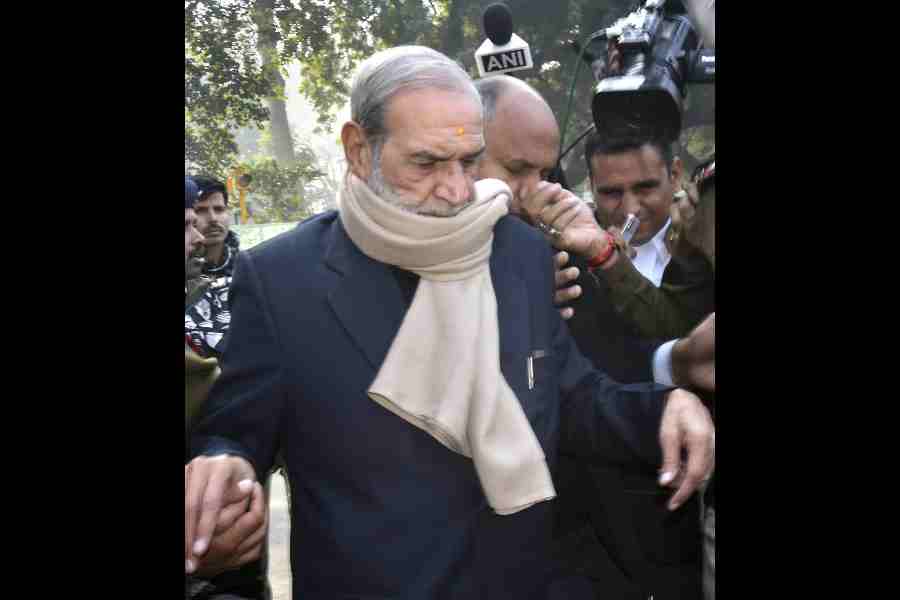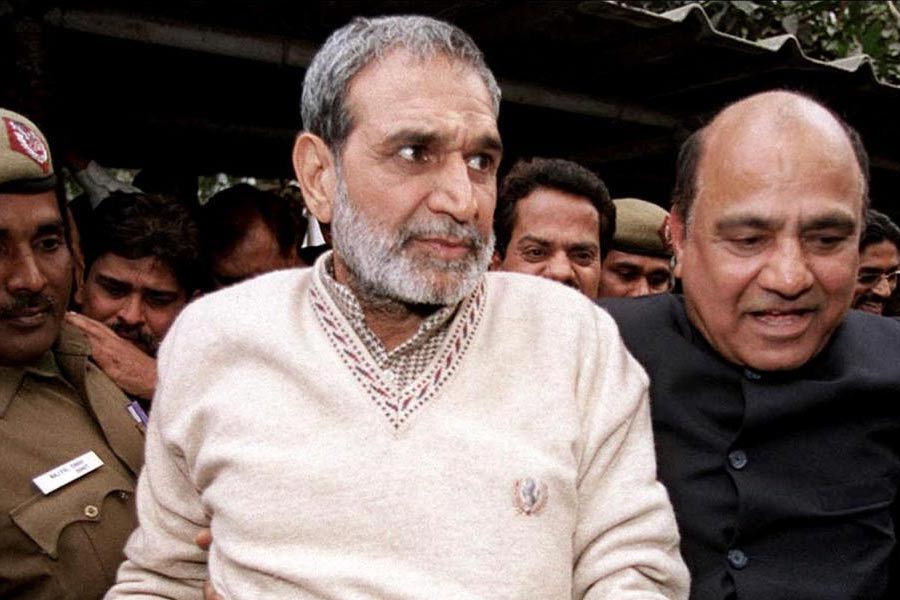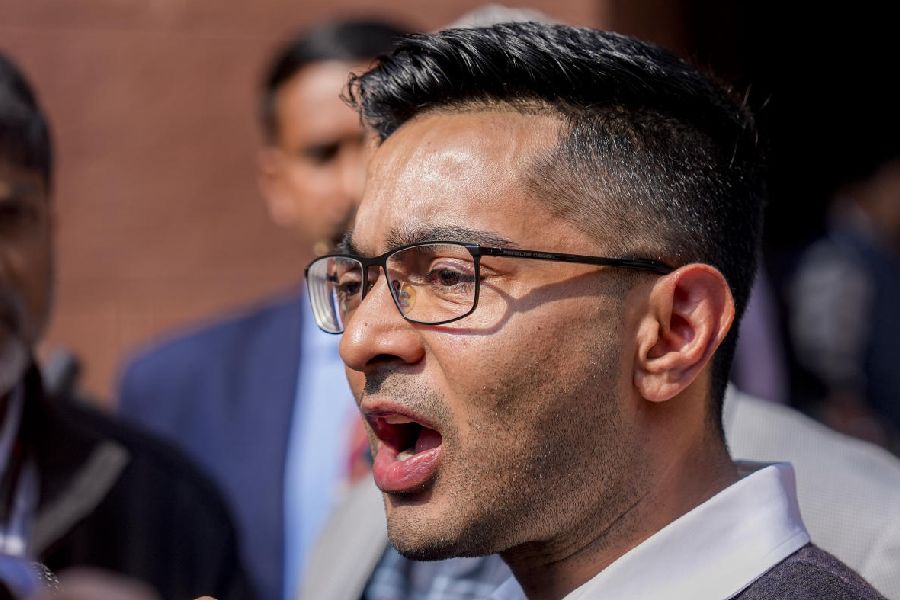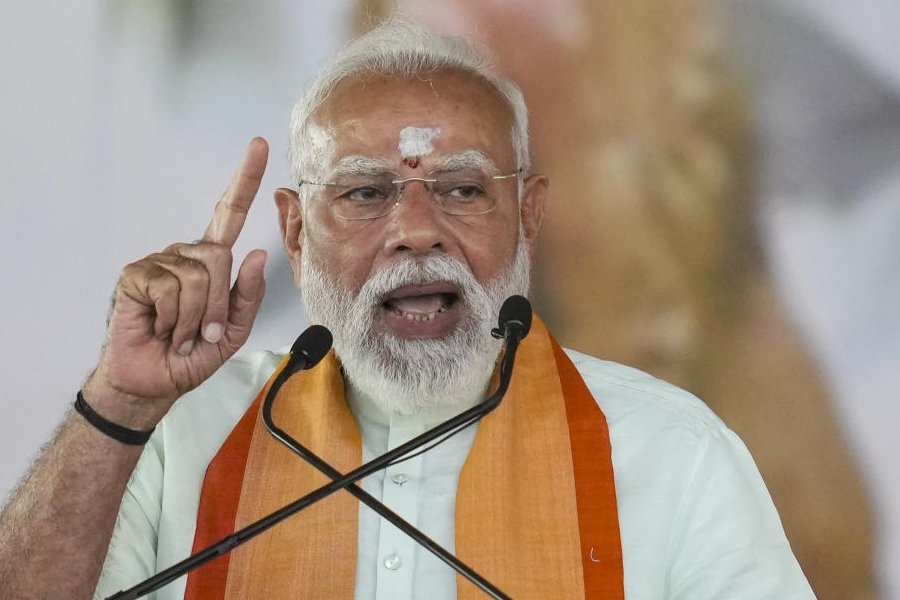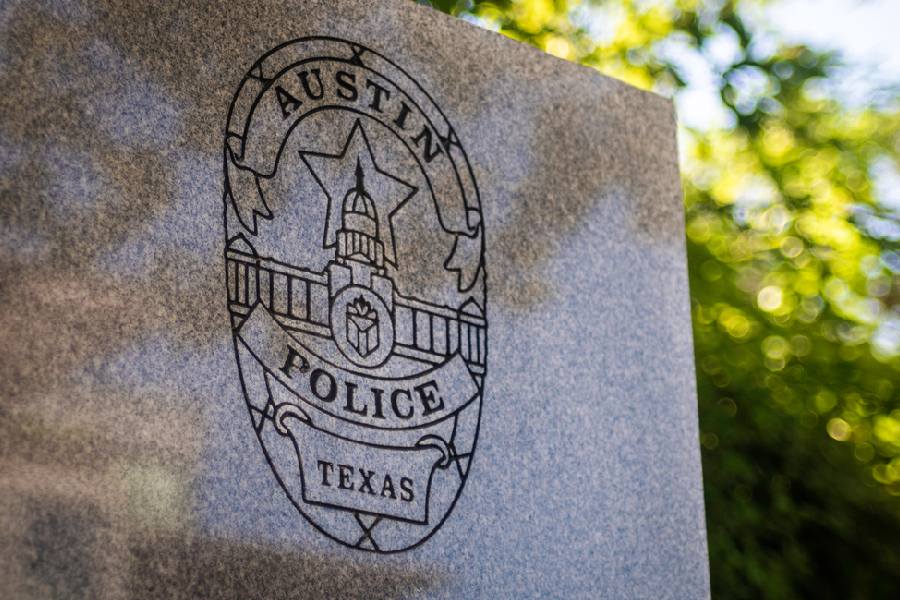A court has awarded life imprisonment to former Congress MP Sajjan Kumar for his role in a murder case during 1984 anti-Sikh riots, bringing closure to long pending demands for justice over four decades.
The court pronounced Kumar guilty of murdering Jaswant Singh and his son, Tarundeep Singh, on November 1, 1984. The prosecution had sought maximum punishment for Kumar.
The Delhi court found sufficient material to form a “prima facie opinion that he was not only a participant, but had also led the mob” that attacked Jaswant’s house, killed them, and set their house on fire.
Kumar was a member of parliament from Outer Delhi when the anti-Sikh riots took place in November 1984 in the aftermath of former Prime Minister Indira Gandhi’s assassination. He was accused in a case over the killings of five persons in Delhi’s Palam Colony on November 1 and 2 in 1984.
Ten committees were formed to investigate the riots.
But it was the fifth of these commissions and committees that named Kumar in 1987.
The Jain-Banerjee Committee was formed in February 1987, comprising ML Jain, a former judge of the Delhi high court, and AK Banerjee, a retired inspector general of police. The committee recommended registering cases against Kumar in August 1987. But no case was registered.
The seventh committee on the list, the Poti-Rosha committee, appointed in March 1990, was composed of retired Gujarat high court Chief Justice P Subramanian Poti and retired IPS officer PA Rosha. It also recommended registering cases against Sajjan Kumar. But the Poti Rosha committee’s term expired in September 1990.
In 1990, the eighth committee was formed. The Jain-Aggarwal committee was composed of Justice JD Jain, a retired judge of the Delhi high court, and DK Aggarwal, a retired director general of police from Uttar Pradesh.
In its report, submitted in 1993, it recommended registering cases against Kumar.
But a first information report was lodged against Kumar in 1991.
The ninth committee was formed when the BJP came to power in Delhi. Chief minister Madan Lal Khurana appointed the Narula committee in December, 1993. Ranjit Singh Narula, the retired Chief Justice of the Punjab and Haryana high court, led it.
In January 1994, the committee recommended the registration of cases against Kumar.
Six months later, a Delhi court found no sufficient evidence to start prosecution to file chargesheet against Kumar.
In May 2000, the Rajya Sabha established the Nanavati Commission by a unanimous resolution. Justice GT Nanavati, a retired judge of the Supreme Court, led the commission. The commission issued a notice to Kumar and said there was credible material against him.
According to a report of the Nanavati Commission, constituted to probe the violence and its aftermath, there were 587 FIRs filed in Delhi in relation to the riots that saw killings of 2,733 people. Of the total, about 240 FIRs were closed by police as “untraced” and 250 cases resulted in acquittal.
Fifteen years later, the Union government formed a special investigation team (SIT). Three years after that, the Supreme Court formed its own special panel to investigate cases that had previously been overlooked by the government.
On April 6, 2021, Kumar was arrested. The next month a chargesheet was filed. In December, charges of murder, rioting were framed against him.
On February 12, the court convicted Kumar.
Two appeals are pending before the Delhi high court and the Supreme Court: one challenging Kumar’s acquittal and another challenging his life imprisonment.
Kumar is now lodged in Tihar Jail.
Many of the survivors, Sikh widows and their families were relocated after the riots to the “widow colony,” a slum in Tilak Nagar in West Delhi, as a means of rehabilitation and compensation.
But as one of the residents of the settlement had told the Hindustan Times in 2018, “Sajjan Kumar’s relatives will be able to meet him in jail every week. He will appeal the judgment and will be out on bail soon. Is that justice?”

